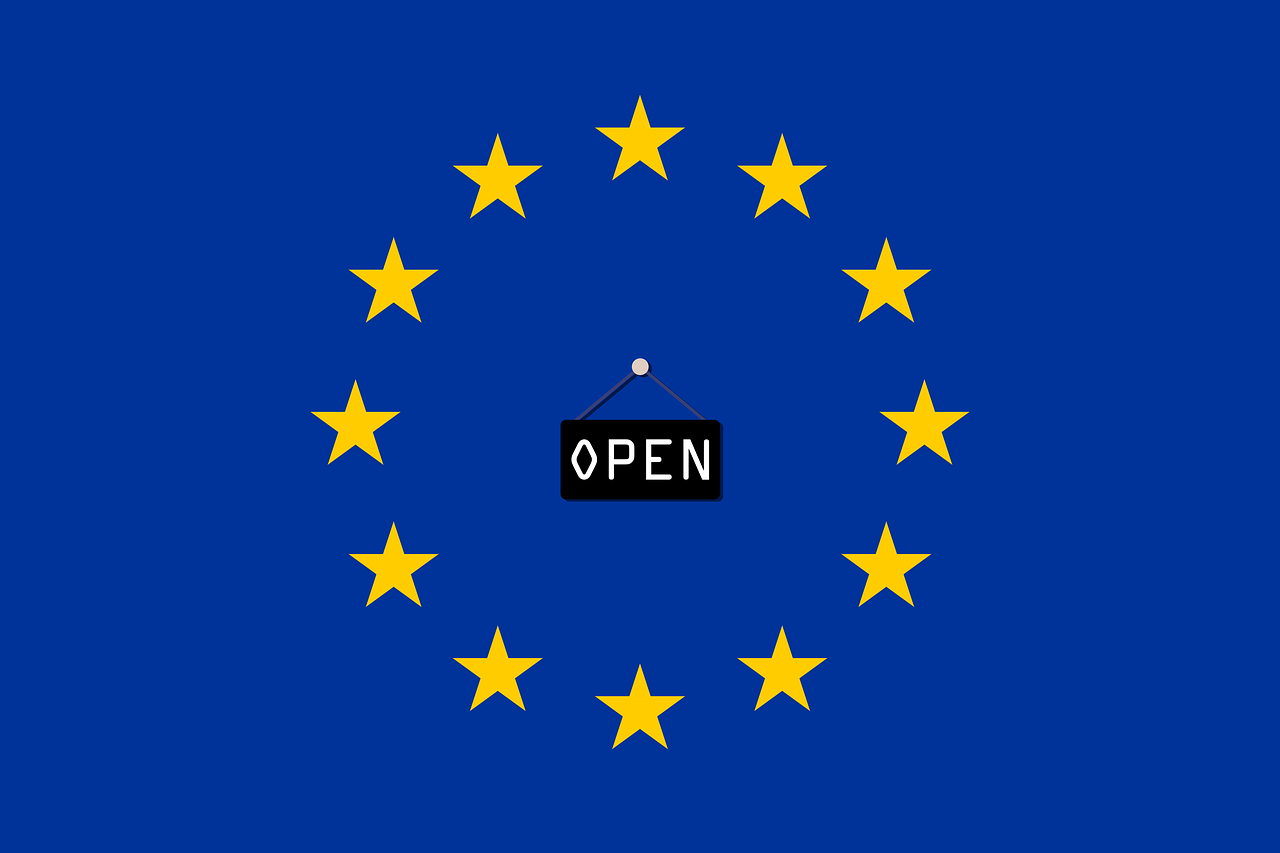From EU ‘enlargement fatigue’ to ‘enlargement enthusiasm’? Matteo Bonomi & Irene Rusconi, ÖGfE Policy Brief, 19’2023
Eurobarometer trends show a ‘critical juncture’ in EU enlargement policy. The long-term unfavourable trends toward the admission of new members have been reversed, with EU citizens in favour today being greater than those against. In the same fashion as the 2004 enlargement was framed through the identity argument for the purpose of reuniting Europe after the end of the Cold War, the current war in Ukraine has changed the public’s perspective towards the Balkan and Eastern Neighbourhood countries, which are recognised as ‘one of us’ by the international European community. Against this background, keeping public opinion in mind is of utmost importance, since mass attitudes, through their influence on political behaviour, do play a crucial role in influencing EU enlargement policy. Understanding the links between public opinion and enlargement – and reform in the EU more generally – is thus indispensable for assessing the EU integration capacity.
Policy Recommendations
- Understanding the links between public opinion and EU enlargement – as well as reforms in the European Union more generally – is indispensable for assessing the EU integration capacity.
- Recent Eurobarometer surveys have registered an unprecedentedly high number of EU citizens in favour of new EU enlargements, suggesting that this might be the right time for decision-makers in Brussels to embark on a bold reform of EU enlargement policy in order to put this policy on a more effective and sustainable path.
- Past experiences suggest that opinions on EU enlargement, both among the general public and political elites, are quite volatile and that the current consensus over enlargement might erode rather quickly. Hence, this window of opportunity for reforms of EU enlargement policy might close soon if the opportunity is not utilised in the right way.
The fact that the European political elites affirmatively replied to third countries’ demands for integration proves a positive momentum and new dynamism in this policy.
Matteo Bonomi, Irene Rusconi Tweet




